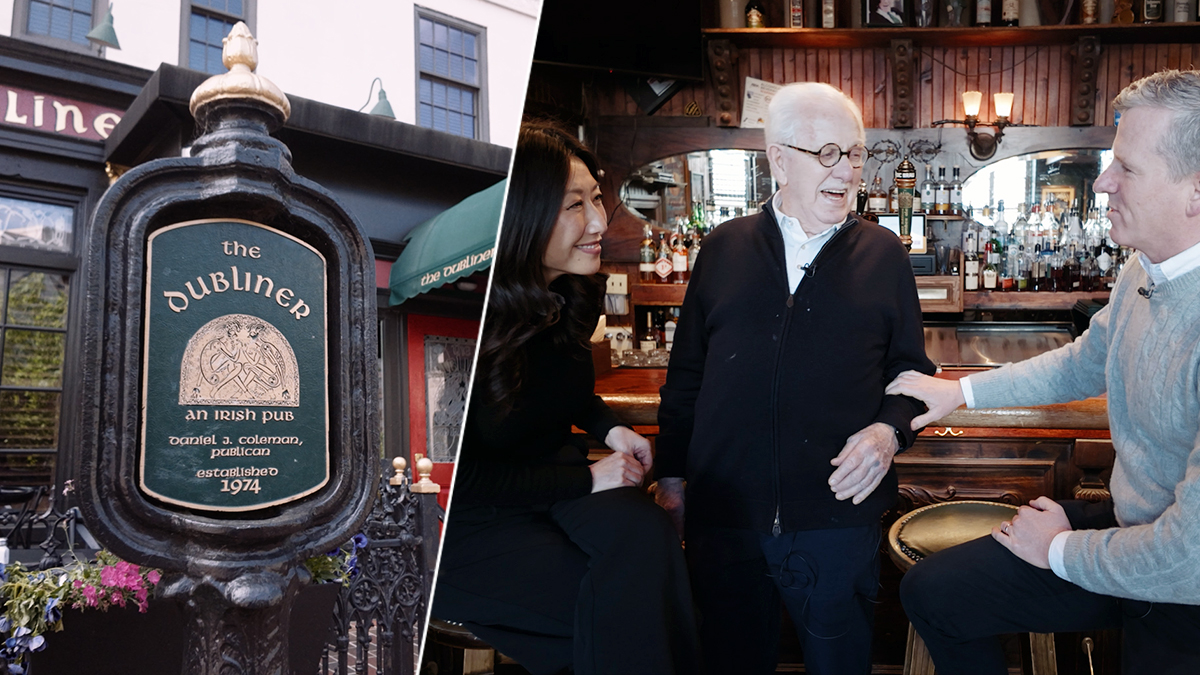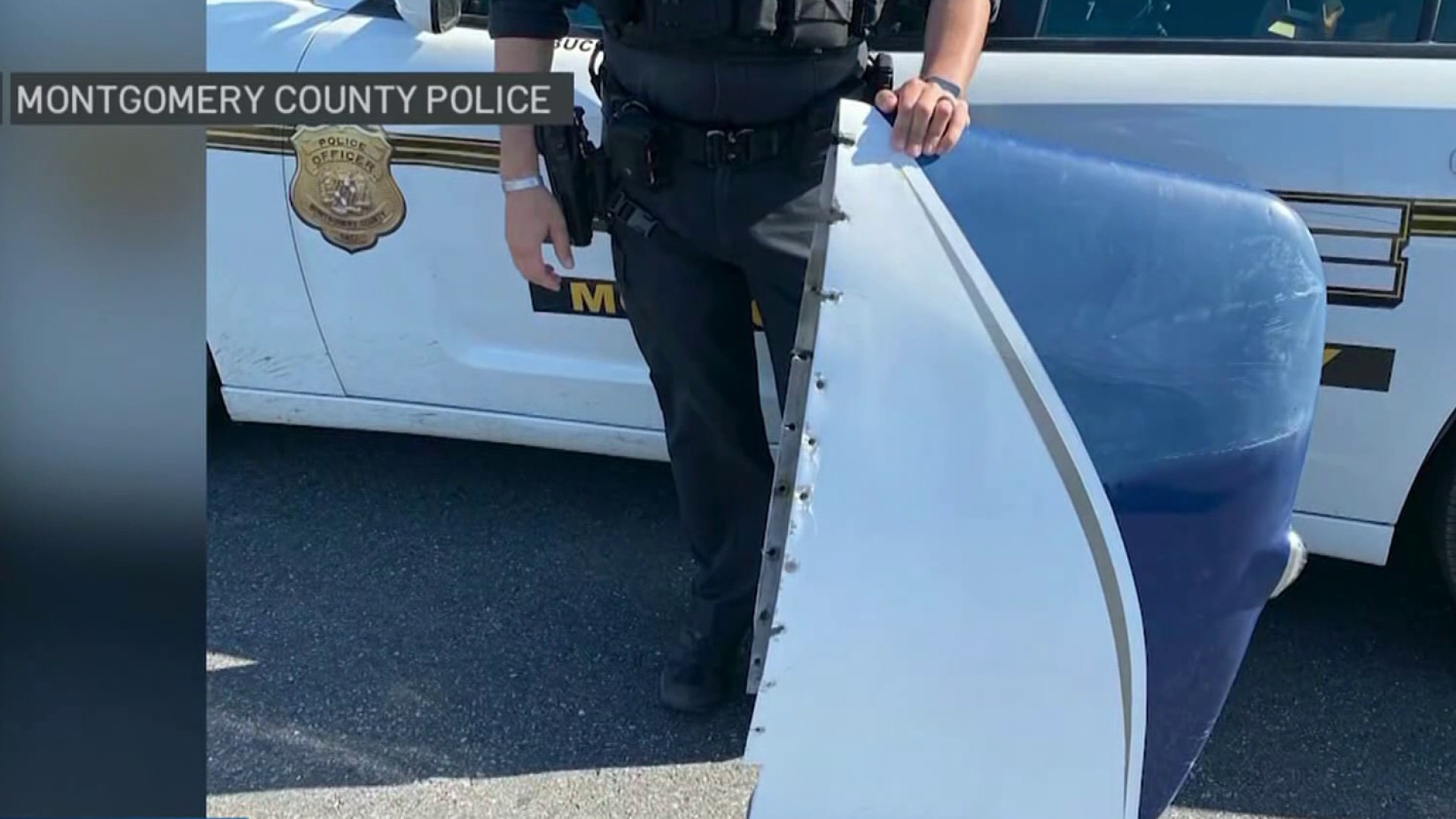Metro riders may not see service fully restored until spring 2021, but the WMATA is now making plans to gradually get trains and buses running more frequently.
News4's Adam Tuss has learned that officials are considering requiring all riders to wear face masks on buses and trains and applying social distancing measures.
But Metro General Manager Paul Wiedefeld says a lot of it these plans depend on how the region reacts in the coming months.
"What’s going to drive that, of course, is what happens on the social distancing side. What happens with businesses in terms of how they open, what they are doing with teleworking, altered hours or altered days for instance," Wiedefeld told News4.
He says Metro has stepped up cleaning and will start placing markings on trains and buses where people should stand. It's only expected about 20 people will be allowed on a rail car at one time. That's under one-fifth of capacity – typically, rail cars can carry well over 100 people.
That means D.C. will need about five times the regular bus and train service to carry its passengers without crowding.
Local
Washington, D.C., Maryland and Virginia local news, events and information
The plan will occur over three phases: Stabilization, managed re-entry and recovery.
Stabilization is expected to be implemented this month. It will entail reopening Metro stations closed due to the virus (except for ones closed for summer construction) and allowing passengers to board first and eighth train cars. Trains would run every 15-20 minutes, depending on the line.
Metro also plans to take advantage of low ridership in this stage to lose two to five stations weekly for improvement projects.
By August or September, when social distancing is more relaxed, Metro may move into the managed re-entry phase. Trains would run every 10 minutes, but service hours would still be reduced.
The full recovery phase may not begin until 2021 when a vaccine might become widely available. At that point, Metro service would move closer to pre-pandemic levels of service. Hours would return to normal or near-normal.
Wiedefeld will brief the board this week on recovery plans.
The phased recovery effort focuses on protecting the health of customers and staff and will take about 12 months, Wiedefeld wrote in the Washington Post. He said 86 staff have already tested positive and many bus drivers have been forced to self-quarantine.



